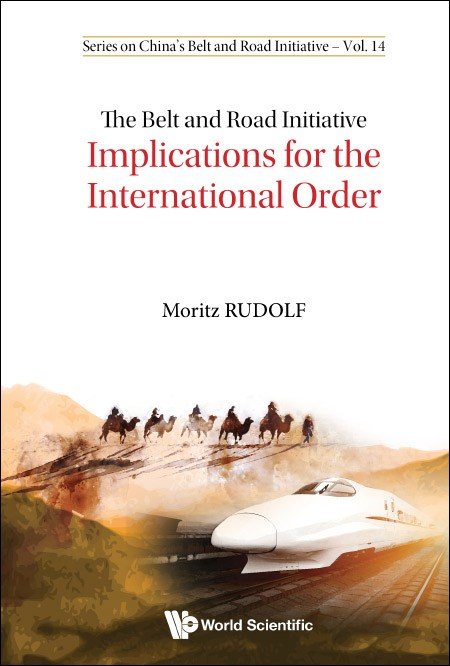This book showcases how the People's Republic of China (PRC) has been utilizing the Belt and Road Initiative (BRI) to reshape the global order. Dissecting China's increasingly assertive international behaviour, the book demonstrates how the PRC projects its self-perception onto the international order. The book outlines five aspects of China's international role projection, which the PRC applies selectively, depending on its target audience: (1) The bearer of traditional Chinese culture; (2) The humiliated nation; (3) The socialist state with Chinese characteristics; (4) The developing state and promoter of international development; (5) The authoritarian globalization optimist.
Drawing on an in-depth analysis of hundreds of primary BRI documents, the book offers a comprehensive overview of China's most crucial foreign policy agenda item. It demonstrates how, through the BRI, the PRC has introduced mechanisms to the international level, which reflect its domestic policy-making mode. In addition, the PRC has institutionalized the initiative by establishing China-centered BRI networks across a wide range of policy areas. Within those emerging China-centered BRI networks, the PRC systematically increases its international discursive power, for example, by inserting Chinese vocabulary into UN resolutions or by promoting Beijing's approaches vis-à-vis "the rule of law" across a range of developing states. This book also further discusses the implications of the BRI for the international legal order.
Sample Chapter(s)
Chapter 5: Implications for the International Legal Order
Contents:
- Acknowledgment
- About the Author
- Introduction:
- Prologue
- Research Question
- Key Concepts
- Theoretical Framework
- Hypothesis
- Methodology
- Literature Review
- Research Gaps
- Outline
- The Rise of the PRC under Xi Jinping:
- The Re-Emergence of the PRC as a Global Power
- China's Engagement in International Affairs
- Adjusting the International Legal Order — Rhetoric and Capacity Build-Up
- Self-Perception of the PRC:
- Introduction
- The Bearer of Traditional Chinese Culture
- The Humiliated Nation
- The Socialist State with Chinese Characteristics
- The Developing State and Promoter of International Development
- The Authoritarian Globalization Optimist
- The Different Layers of China's Self-Perception
- The PRC's Projection of Its Self-Perception Through the BRI:
- Introduction of the BRI
- Background Information of the BRI
- The Framework of the BRI
- Projection of China's Self-Perception
- Implications for the International Legal Order:
- Introduction
- Implications of the CCD as a Concept for the International Legal Order
- Assessment
- Conclusion
- Bibliography
Readership: Policymakers, government officials, diplomats and practitioners interested in understanding the BRI and the re-emergence of the PRC as a global stakeholder; national decision-makers and policy oriented audiences across China.



